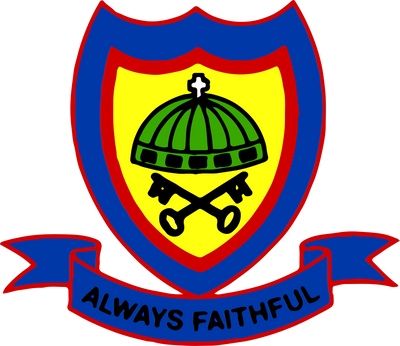Curriculum
At St Catherine of Siena, we value pupils’ education and aim to provide a broad and balanced curriculum that is accessible to all. We do not tolerate discrimination of any kind and our curriculum celebrates the diverse nature of our society, enabling pupils to embrace the world around them – encouraging adherence with the fundamental British values. It also promotes the spiritual, moral, social, cultural, mental and physical development of pupils at our school and of society.
Our approach showcases our dedication to establishing a well-rounded and robust curriculum, as well as the provisions surrounding its creation.
of
Zoom:
Search:
Foundation Overviews













